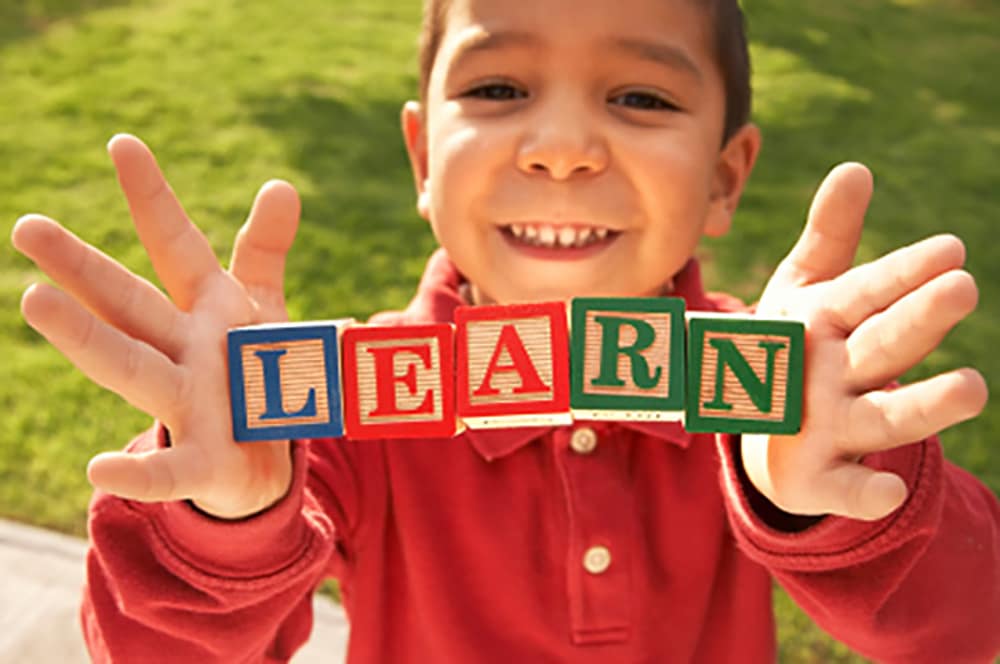If you’ve not read it yet I highly highly recommend P.E. Gobry’s article on Montessori.
Gobry asks, “Montessori schools are exceptionally successful, so why aren’t there more of them?”
Indeed.
One of my favorite things that he points out is the dedication to respecting the child’s own development that is inherent in Montessori. He writes:
Then there is Dr. Montessori’s theory of the child. She pointed out that all infants learn how to walk and learn a language, but because it happens to all of us, we forget how incredibly difficult it is to do. Children expend tremendous effort to do it, with amazing stubbornness, trying over and over until they get it right, eagerly, and they do so of their own accord. This natural drive to learn goes on—unless it is snuffed out. Once a child is taught that she must learn only because of the threat of punishment or, as is more popular these days, the prospect of reward and encouragement, her most powerful engine of motivation is essentially wiped out, as if a new program overwrote another in a computer.
Once a child is ready to walk, she will expend tremendous effort to do so, but only when it is the right time in her development. So it is with other skills. Trying to teach, say, writing, on a rigid schedule will only convince a child that she is unable to do so, sapping not only that endeavor but her self-confidence and willingness to learn more generally. We can all attest from our personal experience that we easily become frustrated and despondent whenever we have to do things that are either far too easy or far too hard; but when our work is right at the edge of our comfort zone, challenging but doable, not only are we better at tasks, but we often find them positively thrilling.
We love to learn new things as we grow, we don’t even consciously think about how much effort we are putting into the learning. Education should encourage that in-born desire to learn and develop. Montessori respects this.


